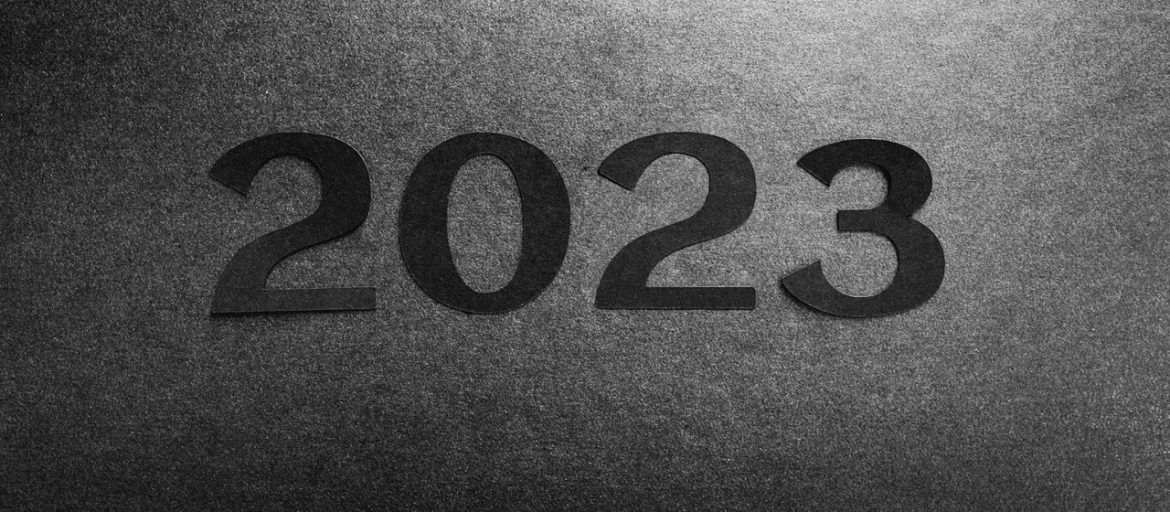Over the past couple weeks, my attention has been grabbed by “a parable” I recently encountered from Alan Hirsch, an author, thought leader, and missional church innovator.
When the initial impact of COVID-19 was being felt across North America in March, Hirsch was interviewed about the dynamics of churches not being able to meet in person for the foreseeable future. He was asked, in particular, to comment about the significance of the moment for the body of Christ.
Alan Hirsch: There’s no question that most churches that, when we refer to church in North America, most churches here have very, very sorely, overly relied on a singular tool of the Sunday expression. Well, let’s say the weekend expression, if you push it. And now that that is excluded from the equation, they literally find themselves in a very tricky situation. In their own minds, how do they name what can happen beyond this in the next three months or whatever it is…. Will the church be the church? Is there still the church after Sunday worship and you know. So that’s, I think, a big question.
Hirsch then offered “a working parable for us” in this Covid-19 season:
Hirsch: I’m not the greatest chess player in the world, but I can play chess. I know more or less what each piece on the chess board does. Some dude that knows chess told me one day, sit down, if you really want to learn to play chess, Alan, take your queen out first. Then your opponent will keep the queen. He’s going to cream you for a long, long time. But what you’re going to do is you’re going to learn all what the other elements of the chess table can do on the chess board, and then you put your queen back in. And at that point, you’ve actually learned to become a champion without kind of over relying on a singular function. If you can say that the sermon or the, for highly reformed folk it’s a sermon, but it’s got it in the worship service for most evangelical, broad evangelical churches. That’s their queen, and they have over-relied on it, and now the queen’s taken out. They don’t know what the other pieces on the equation can do. And I think that’s kind of maybe a working parable for us in this scenario.
Growing into our identity and vocation as the church has never been a neat and clean process. As Eugene Peterson has said in different places, the church is equal parts mystery and mess. There has always been a bit of three steps forward and two steps back to our life together.
But in recent months the heat has been turned up, and for everyone there is a recognition of this very peculiar, painful, and unsettling time; it’s anybody’s best guess what “a new normal” will be.
Here are a few questions I find myself pondering and wanting to prayerfully explore with other folks who care deeply about being the people of God in the 21st century.
- Does Hirsch’s chessboard parable resonate for you? How so? How not?
- If the weekend service is the queen, to continue the analogy, what are some of the other pieces on our chess table as the local church? And what can these other pieces do?
- What have you been noticing about the local church (and its leaders) over the last few months? What are we learning about being the church as the heat has turned up?
- Let’s assume this turn in the story did not catch God by surprise. What might Jesus by his Spirit be up to in leading us and tutoring us to be his church in our particular neck of the woods? How perhaps has he been preparing us for this moment?
For we are what he has made us, created in Christ Jesus for good works, which God prepared beforehand to be our way of life.
Ephesians 2:10
The Christian church is presented in the New Testament as a multi-congregational community that is called to a life of worship, work, and witness according to God’s will, and of constant teaching and learning as a means to these ends. As trainers impress upon athletes that they must never stop training, so Jesus and his apostles make it clear the church must never stop learning, for only so will it move generation by generation into true maturity in Christ.J.I. Packer
3/20/20 Full interview with Alan Hirsch:




